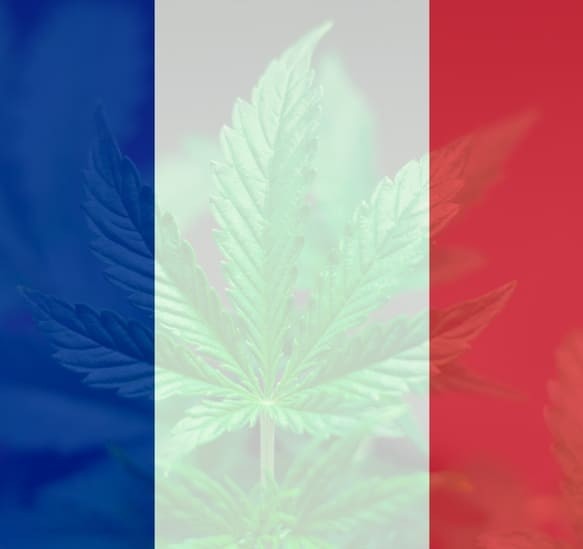An ever-changing landscape
While the sale and consumption of CBD has been tolerated since November 19, 2020, it is still illegal to market hemp in any form other than textiles or as an ingredient in cosmetics. Indeed, only the seeds and fibers can be exploited at this time. The law about CBD stated that, as it has no psychotropic effect, cannabidiol could not have the status of "narcotic" and could therefore circulate freely within the European Union, if it had been produced legally, in one of the member countries.
However, in France, no farmer or industrialist is yet authorized to produce it.
This first step is only a first step towards French regulations more in line with this new CBD market. Ludovic Rachou, President of UIVEC (Union des Industriels pour la Valorisation des Extraits de Chanvre) considers this step as encouraging and a good omen for the future. What will come in a second time, promises to be a much more complex work since it will concern the different classifications of finished products, such as CBD food products, vaping oils etc. as well as the standards that apply to them.
Means to be deployed
However, we should not be too quick to claim victory... As for the sale of raw flowers and leaves, it remains prohibited, whether they are mixed with other ingredients or alone. This is the case of smoking products, herbal teas, rotten pots etc. A disappointing decision for professionals and consumers since it forces them to give up many uses of CBD but especially its therapeutic virtues.
The Mildeca (Mission Interministérielle de Lutte contre les Drogues et les Conduits Addictives) would have given as the one and only reason for this, the lack of materials and equipment granted to law enforcement to reliably test the population by being able to differentiate CBD from THC.







